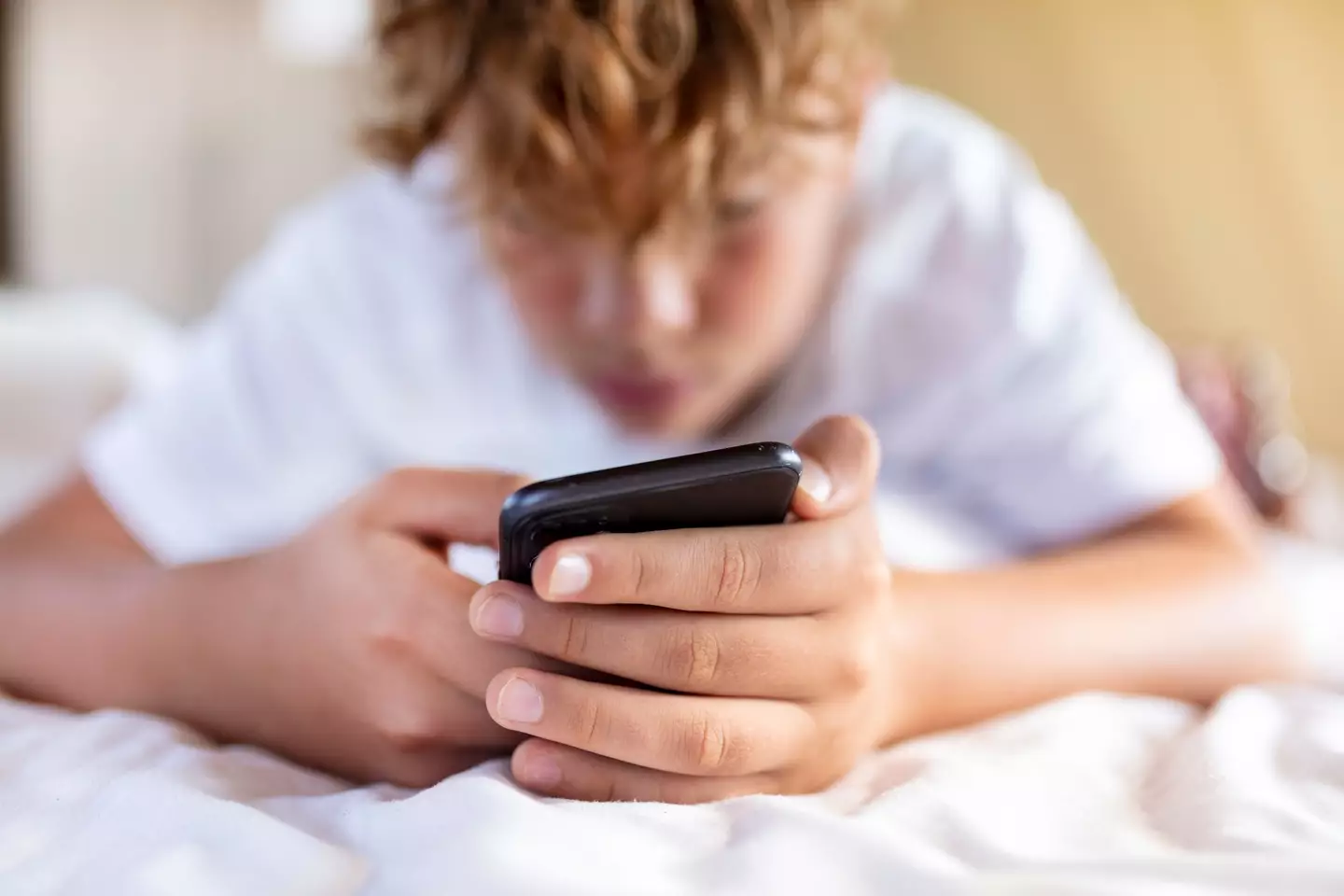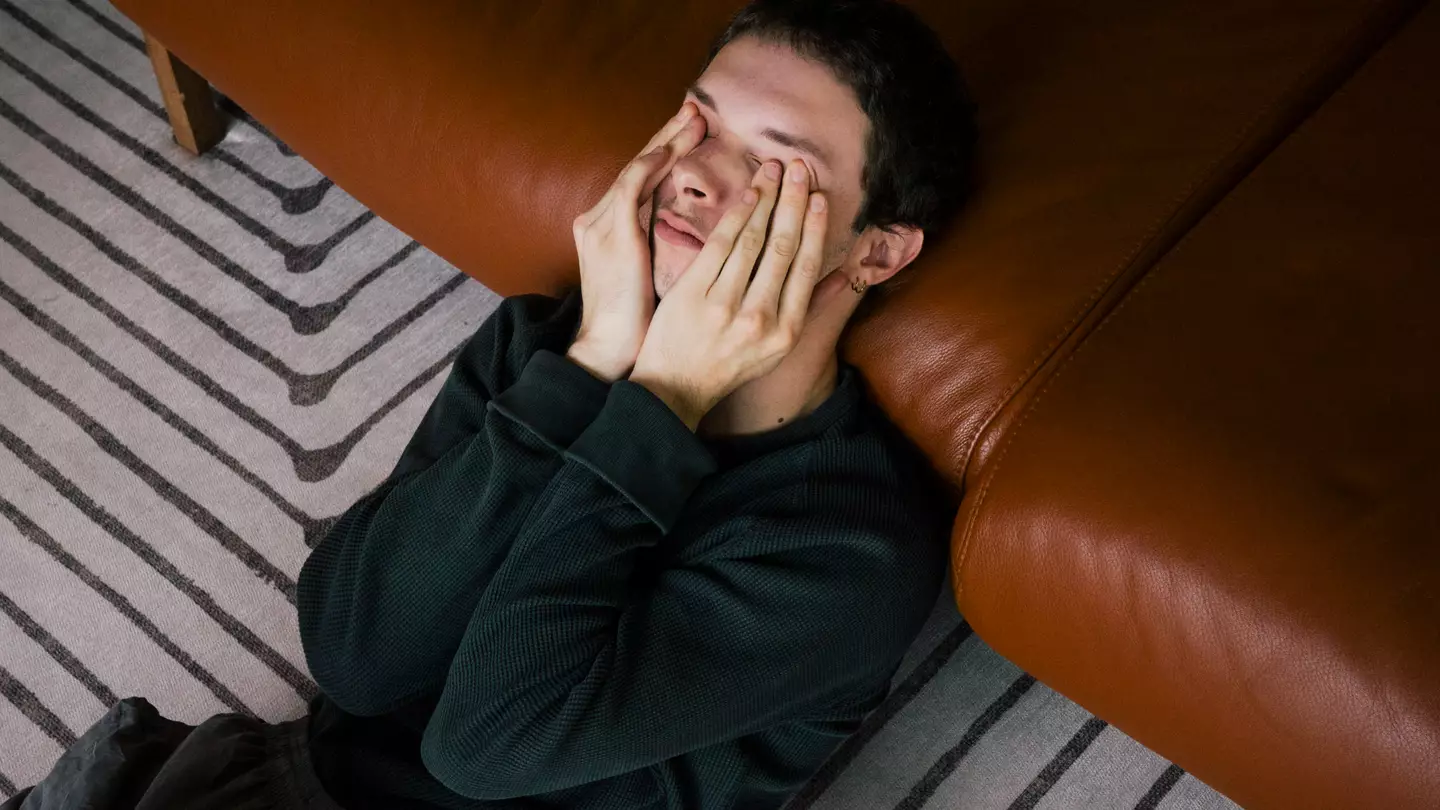An expert has shed light on the intriguing effects of boredom on individuals.
More than a year after the TikTok travel trend known as ‘raw-dogging’ captivated Gen Z, it is making a comeback. While some on social media might be weary of its return, a psychologist is embracing its resurgence.
If you’re unfamiliar with the term, it’s not what the name might suggest involving bedroom antics. Instead, it involves taking a flight without any distractions – no downloaded Netflix shows, music, or even a pillow – just the pure experience.
This concept has broadened in scope and is now being used as a tool for achieving mental clarity.
One advocate of this practice is Rowan, a self-described ‘productivity’ influencer.
Rowan has been experimenting with raw-dogging for an hour each day to improve his ‘attention span’.

He attributes his ‘short attention span’ to ‘constant dopamine hits from my phone, caffeine, sugary foods, and games’.
Before delving into the results of his experiment, let’s meet Dr. Stacey Rosenfeld, a psychologist based in New York’s Rockland County.
“Learning how to tolerate boredom is an important skill,” she explained to the New York Post, highlighting the benefits of boredom for children.
“There are always going to be times when we’re bored. If we never allow ourselves to have that feeling of wondering ‘What should I do with this time,’ how will we do that as adults?”
Some mental health professionals advocate allowing children to experience boredom.

Dr. Carl Marci, a psychiatrist and author, noted that when his own children are left without activities, they eventually find ways to amuse themselves, whether by engaging with others, playing, or using their creativity.
He argues that constant access to screens and devices deprives children of this opportunity.
With so much content designed to capture attention, many young people grow up believing they should never experience boredom, missing out on its potential benefits.
As for the outcome of Rowan’s experiment, he reported to his followers that his productivity has significantly improved.
“Because I don’t need constant stimulation, I feel a lot more productive,” he stated.
“I focus on the things that actually matter to me, like my work, relationships and being more present in the moment that matters instead of checking my phone every two seconds.”

